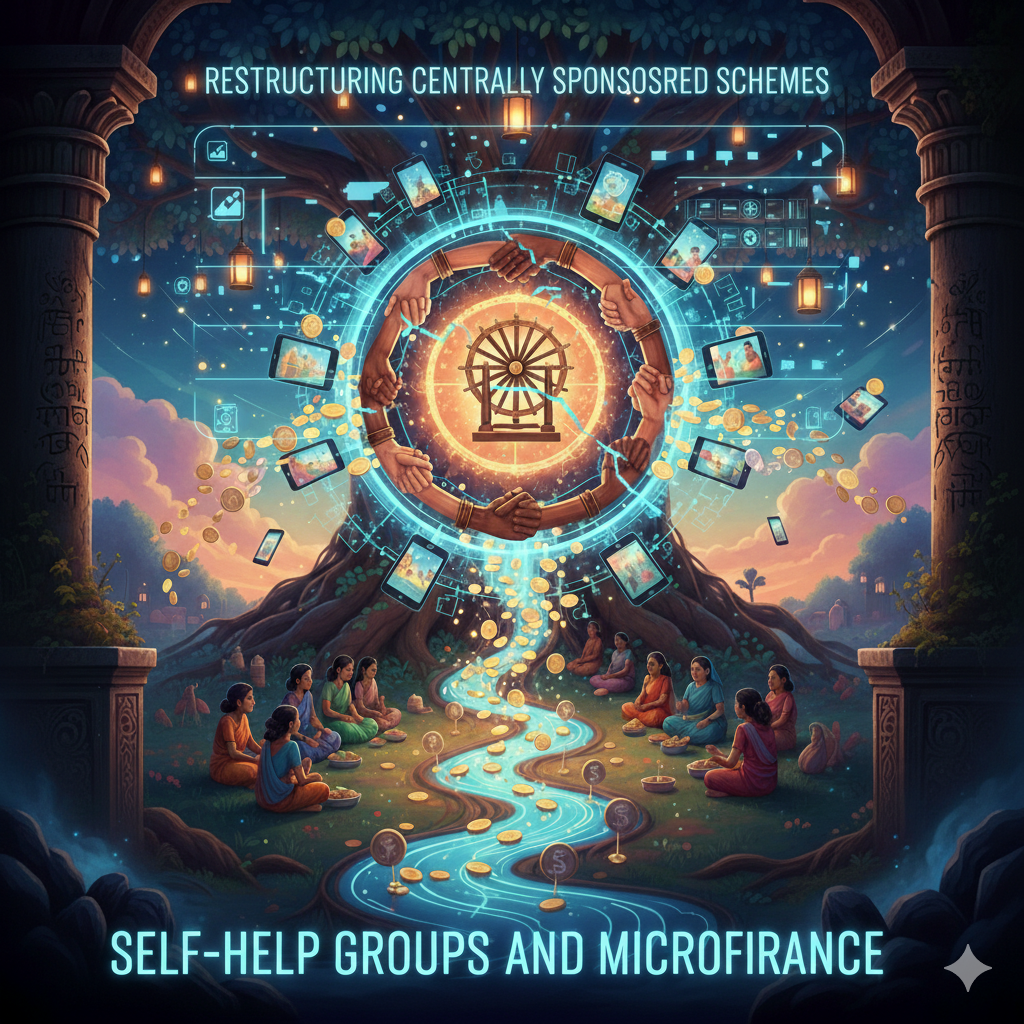The Right to Information (RTI) Act, 2005 is a landmark legislation enacted by the Indian Parliament to empower citizens with the ability to access information from public authorities. It enhances transparency, accountability, and participation in governance.
Key Features of the RTI Act
- Right to Access Information:
- Citizens have the right to request information from any public authority.
- Information must be provided within 30 days of the request, or 48 hours in cases involving the life and liberty of a person.
- Applicability:
- Applicable to all Constitutional authorities, including the Executive, Legislature, and Judiciary.
- Covers bodies owned, controlled, or substantially financed by the government.
- Includes Non-Governmental Organizations (NGOs) receiving substantial government funding.
- Excludes private entities unless they are publicly funded.
- Definition of Information:
- Information includes records, documents, memos, emails, circulars, orders, logbooks, reports, papers, samples, and data in any electronic form.
- Public Information Officers (PIOs):
- Every public authority must appoint PIOs to receive and process RTI applications.
- Assistant Public Information Officers (APIOs) assist at the sub-divisional level.
- Exemptions:
- Certain information is exempt under Section 8 and 9:
- Information affecting national security or sovereignty.
- Personal information with no public interest.
- Cabinet papers until decisions are made.
- Information prohibited by courts or detrimental to trade secrets.
- Certain information is exempt under Section 8 and 9:
- Third-Party Information:
- Information concerning a third party can only be disclosed with prior consent unless it is in the larger public interest.
- Appeal Mechanism:
- First Appeal: Filed with a senior officer within the concerned public authority within 30 days of rejection.
- Second Appeal: Filed with the Central Information Commission (CIC) or State Information Commission (SIC) within 90 days of the decision on the first appeal
- Penalties:
- PIOs may be penalized up to ₹250 per day (maximum ₹25,000) for:
- Delayed response beyond the prescribed time.
- Providing incomplete or incorrect information.
- Refusal to accept an application.
- PIOs may be penalized up to ₹250 per day (maximum ₹25,000) for:
Role of Information Commissions
- Central Information Commission (CIC):
- Established under the RTI Act to oversee implementation at the central level.
- Handles complaints and second appeals against central government bodies.
- State Information Commission (SIC):
- Manages RTI implementation at the state level.
Impact of the RTI Act
- Promotes Transparency:
- Citizens gain insight into government operations and decision-making processes.
- Empowers Citizens:
- Enables people to question the misuse of power and demand accountability.
- Combats Corruption:
- Reduces scope for corrupt practices by making public authorities answerable.
- Strengthens Democracy:
- Fosters informed participation in governance by providing citizens with knowledge.
Limitations and Challenges
- Backlog of Appeals:
- A large number of pending cases strain the capacity of Information Commissions.
- Awareness Issues:
- Limited awareness among citizens, especially in rural areas.
- Resistance from Authorities:
- Reluctance by public officials to share information due to fear of exposure.
- Security Concerns:
- Whistleblowers and activists face threats and violence while seeking sensitive information.
- Exclusions:
- Private organizations are largely excluded unless funded by the government.
Amendments
- The RTI (Amendment) Act, 2019:
- Altered the tenure, salaries, and conditions of service for Chief Information Commissioners (CICs) and Information Commissioners (ICs), making them subject to government control. This raised concerns about reducing the independence of the commissions.
Significance
The RTI Act, 2005, is a powerful tool for ensuring government accountability and empowering citizens in India. Despite challenges, it remains a cornerstone of participatory democracy, fostering a culture of openness and good governance.
Image Source: https://www.legalmantra.net/blog-detail/Detailed-Analysis-On-Right-to-Information-Act-2005




